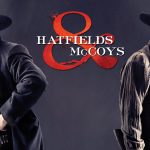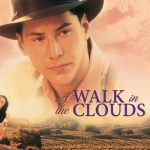Fast Food (1989)
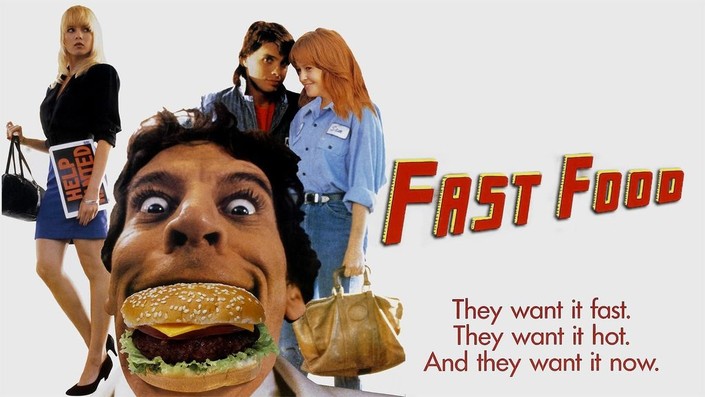
Fast Food is a 1989 American low-budget comedy film directed by Mark L. Lester. The film features a cast of quirky characters, including Clark Brandon, Tracy Griffith, Jim Varney, Traci Lords, Michael J. Pollard, Blake Clark, and Pamela Springsteen. Set in the world of fast food restaurants, Fast Food combines humor, romance, and a satirical look at the corporate world, all while celebrating the culture of fast food chains in a lighthearted manner.
The story centers around a young man named Danny (Clark Brandon), who works at a fast food restaurant called Big Burger. He is a charming but underachieving employee who dreams of bigger things. When the restaurant’s owners decide to revamp the entire operation with a new corporate approach, Danny and his coworkers rebel against the changes, realizing that the corporate world’s impersonal and money-driven methods are at odds with the values of genuine customer service and community. In the midst of this struggle, Danny also finds himself falling for a fellow employee named Debbie (Tracy Griffith), which adds a romantic twist to the storyline.
The film’s comedic tone is enhanced by a series of eccentric characters, each adding a unique flavor to the narrative. Jim Varney, known for his portrayal of the beloved character Ernest, plays a hilariously memorable role as a quirky and enthusiastic employee at Big Burger. Traci Lords also brings her distinctive presence to the film as a tough and sassy woman, adding to the ensemble’s comedic dynamic. The cast’s performances contribute significantly to the film’s charm, with each actor playing their role with humor and exaggeration.
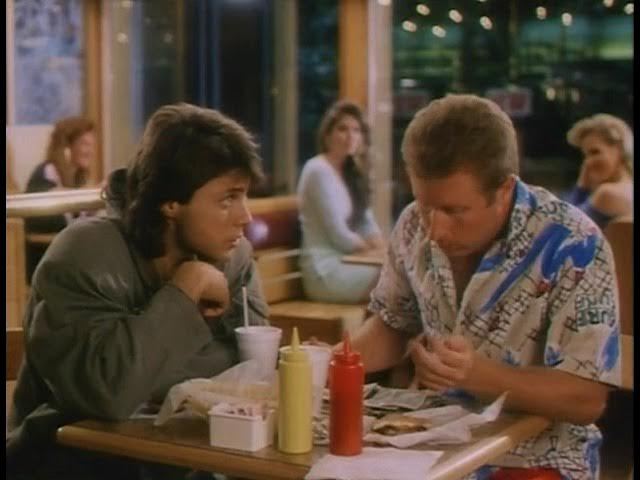
Fast Food satirizes the corporate world and the way businesses can sometimes prioritize profit over customer satisfaction. Through its depiction of the fast food industry, the film critiques the depersonalization of service in larger corporations. The rebellious spirit of Danny and his team, who push back against corporate demands, highlights the importance of personal connections and authenticity in customer service. At the same time, the film presents a fun and exaggerated portrayal of the fast food environment, with plenty of slapstick comedy and lighthearted moments.
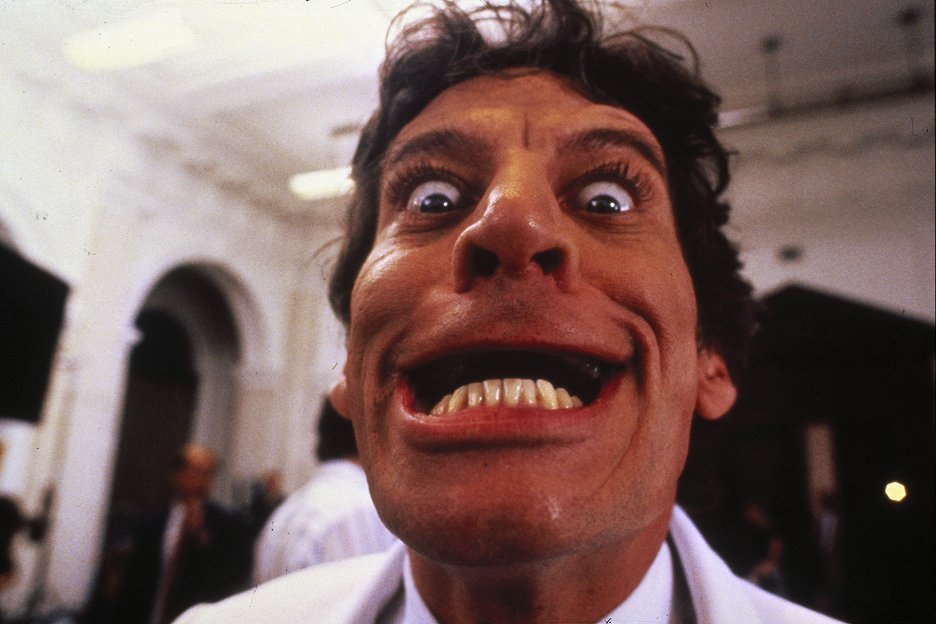
Despite its low-budget production, Fast Food succeeds in delivering an enjoyable and entertaining experience. The film’s humor, though sometimes silly, provides a nostalgic look at the 1980s fast food culture, complete with neon signs, oversized menu items, and the lively atmosphere of a typical fast food joint. The movie doesn’t take itself too seriously, and this lack of pretension is part of its appeal, as it focuses more on fun and laughter than on deep social commentary.
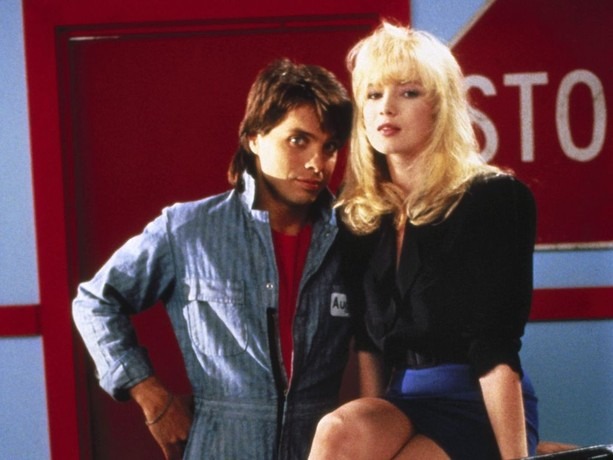
In conclusion, Fast Food is a charming and humorous film that plays with the themes of rebellion, romance, and the fast food industry. While it is not a cinematic masterpiece, it offers a light and entertaining escape, with quirky performances and memorable comedic moments. Whether you’re a fan of 80s comedies or simply looking for a fun and nostalgic trip to the fast food world, Fast Food provides an enjoyable, albeit goofy, ride.


